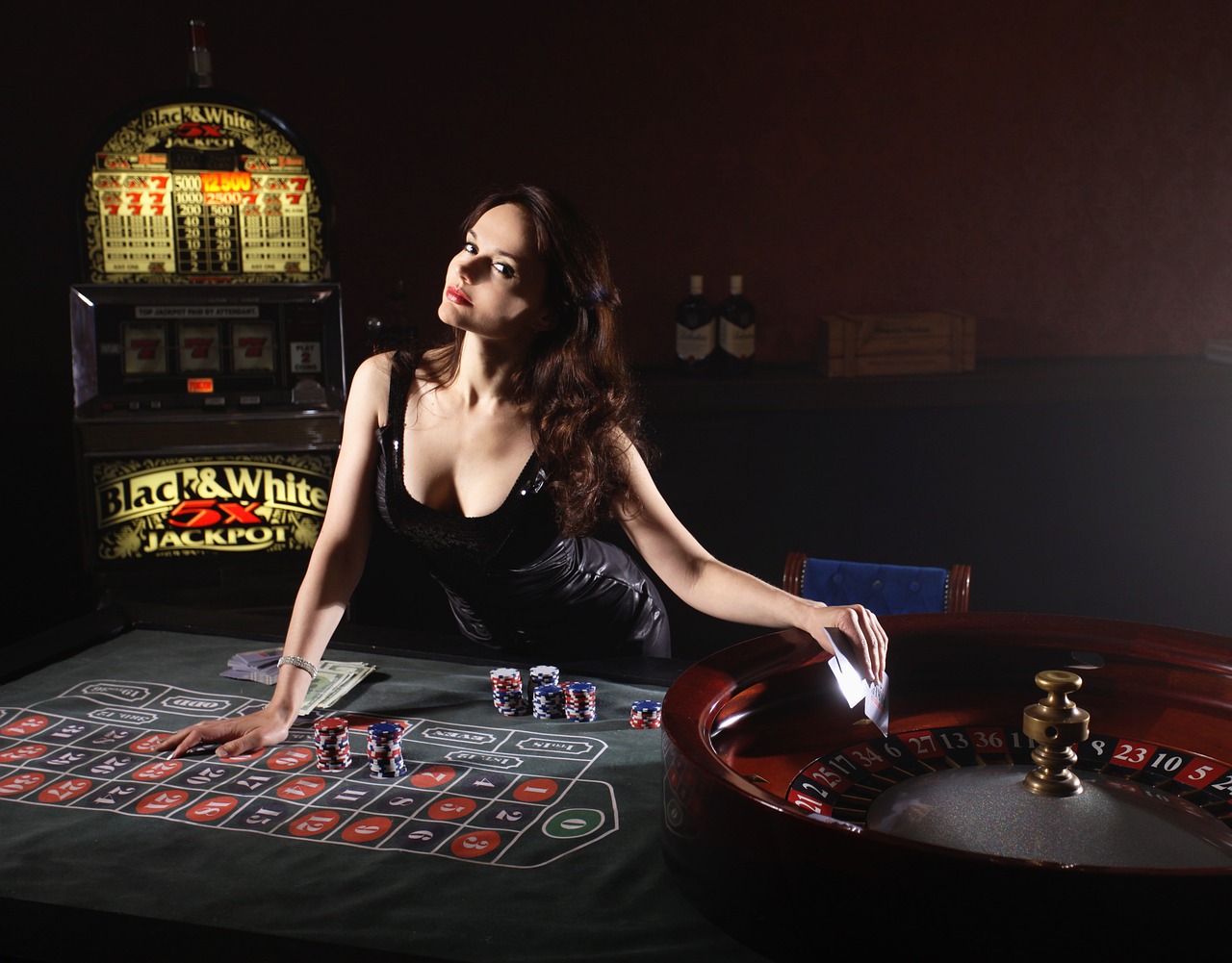In a world where everyday decisions are often governed by caution, a vibrant subculture thrives on risk and uncertainty—the world of gambling. From the flashing lights of bustling casinos to the quiet thrill of online betting, millions chase an intoxicating rush that only comes from putting it all on the line. But what fuels this magnetic pull towards high-stakes play? Is it merely the allure of fortune, or is something deeper at play? Join us as we delve into the psychology behind risk-taking in gambling—unpacking motivations, exploring addiction, and uncovering what truly drives individuals to chase that elusive high. Buckle up; you’re in for a wild ride through the heart-pounding landscape of chance.
The Psychology of Risk and Reward
Central to the gambling experience is the psychology of risk and reward. The potential for significant financial gain, coupled with the inherent uncertainty of the outcome, creates a potent emotional cocktail. This dynamic is rooted in the brain’s reward system, which is activated by the anticipation of rewards and the dopamine release associated with risk-taking.
Dopamine, a neurotransmitter linked to pleasure and motivation, plays a crucial role in gambling. Sports 토토사이트 and other forms of gambling rely heavily on this variable reinforcement to keep players coming back for more. When a gambler anticipates a win, dopamine levels surge, creating a sense of excitement and euphoria. This neurochemical response reinforces the behavior, making gambling more enticing. The intermittent and unpredictable nature of gambling outcomes, known as variable reinforcement, further enhances this effect, as the occasional win provides a powerful reinforcement that keeps players engaged.

Cognitive Biases and Decision-Making
Gambling is also influenced by a range of cognitive biases that affect decision-making. One prominent example is the “gambler’s fallacy,” where individuals believe past events influence future outcomes in games of chance. For instance, a gambler might think a slot machine is “due” for a win after a series of losses despite each spin being an independent event with the same odds.
Another common cognitive bias is the “illusion of control,” where gamblers believe they have some influence over random outcomes. This can manifest in behaviors such as choosing specific numbers or rituals that are thought to increase the chances of winning. These biases create a sense of agency and control, which can enhance the thrill of gambling by making it feel less random and more skill-based.
The Role of Social and Environmental Factors
The social and environmental context of gambling also influences the thrill of risk. Casinos and gambling platforms are designed to heighten excitement and engagement. Features such as bright lights, engaging sounds, and the presence of other gamblers contribute to an atmosphere that amplifies the emotional experience of gambling.
Social factors, including peer influence and cultural attitudes towards gambling, also play a role. The presence of social networks and the shared experience of gambling can enhance the thrill and make the activity more socially rewarding. Gambling is celebrated and integrated into social traditions in some cultures, adding to its appeal and normalization.
Emotional Drivers and the Thrill of the Game

Emotions play a significant role in the gambling experience. The thrill of risk-taking is often linked to the emotional highs and lows associated with gambling. Winning can induce joy and empowerment, while losing can lead to frustration and despair. This emotional rollercoaster contributes to the overall excitement and intensity of gambling.
For some, gambling provides an escape from everyday stresses and challenges. The immersive nature of gambling environments—whether in a casino or online—can offer a reprieve from personal issues, creating a sense of adventure and exhilaration. The allure of risk-taking and the potential for reward can particularly appeal to individuals seeking excitement or distraction from their daily lives.
The Quest for Big Wins and Jackpot Dreams
The dream of hitting a big win or jackpot is a powerful motivator in gambling. The narrative of life-changing payouts and the possibility of achieving financial freedom create a compelling reason for individuals to engage in gambling activities. This aspiration and the excitement of risk-taking drive many gamblers to continue playing despite the odds.
Understanding the thrill of risk in gambling involves exploring the intricate interplay of psychological, emotional, and social factors. From the dopamine-driven excitement of potential rewards to the cognitive biases that shape decision-making, these elements create a powerful allure that captivates and motivates gamblers. The thrill of risk is not just about the potential for financial gain but also about the emotional highs and lows, the escape from daily routines, and the immersive nature of gambling environments. By delving into these psychological underpinnings, we gain a deeper appreciation of why gambling remains a compelling and complex human experience.






